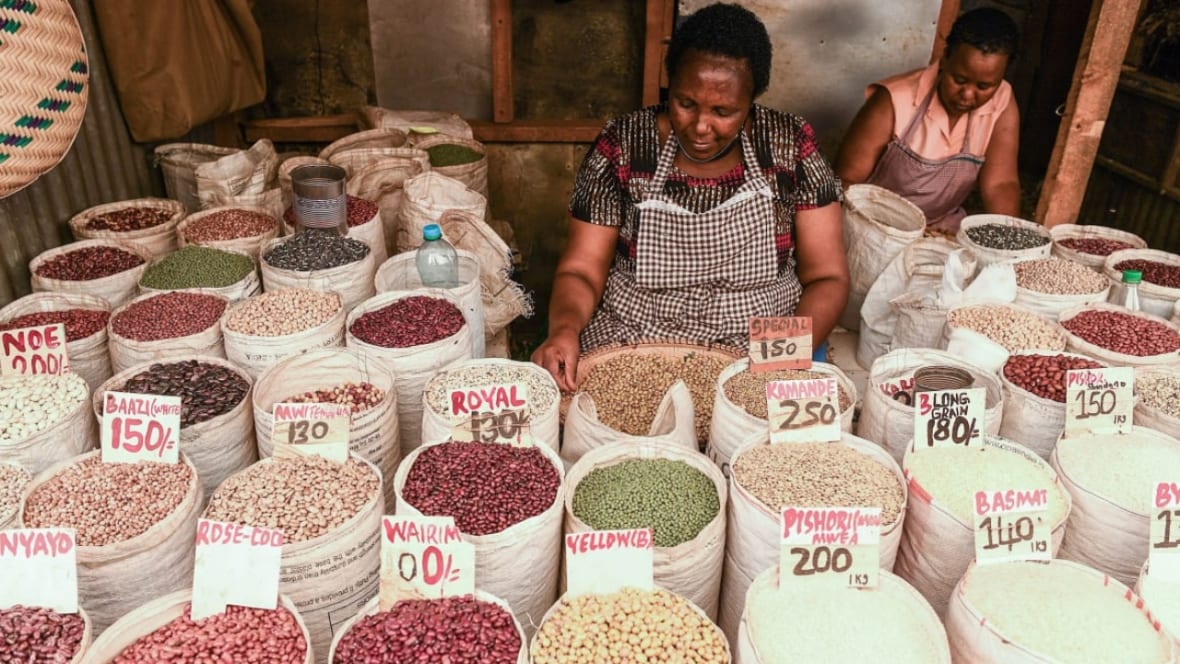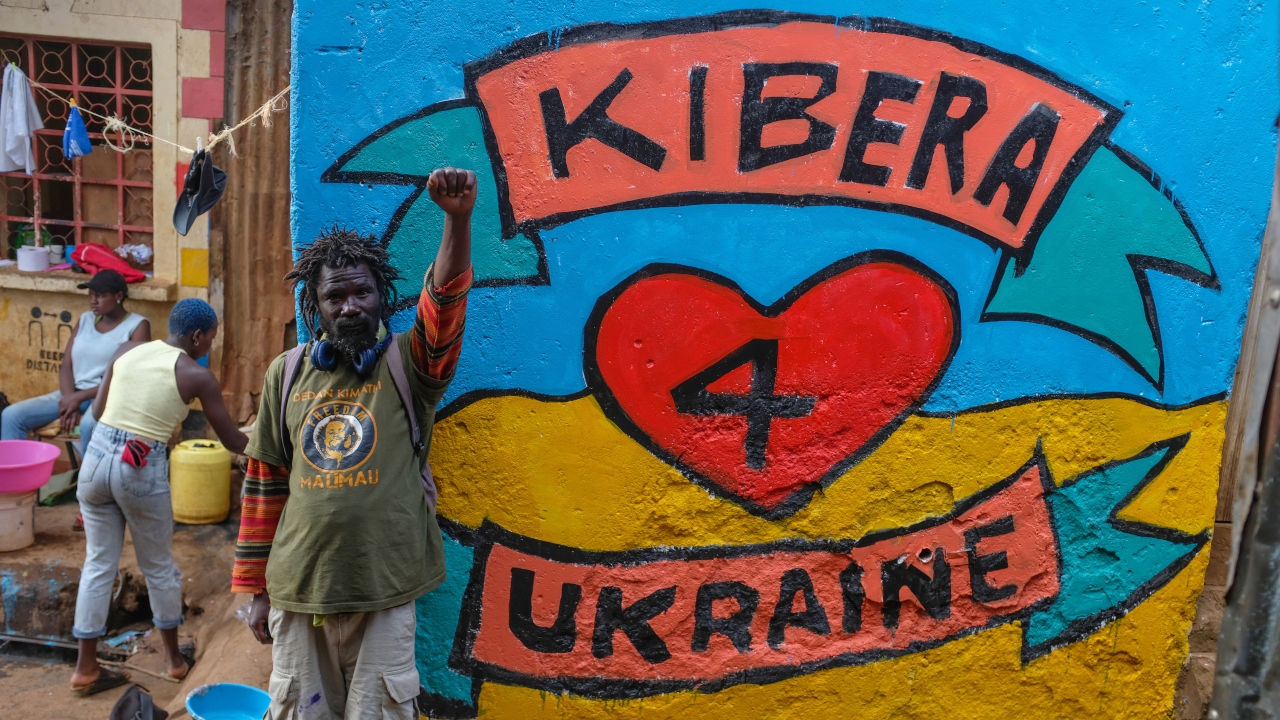As the world marks one year of Russia’s deadly and costly war in Ukraine, Americans and allied nations continue to stand in solidarity with Ukrainian citizens in their fight to preserve their sovereignty.
President Joe Biden’s trip to Ukraine this week — and the announcement of an additional half a billion dollars in military aid — is emblematic of how committed the United States remains to protecting Ukraine’s democracy. That commitment has also been backed by clear support from NATO allies.
But consequentially, Russia’s invasion of Ukraine also has had ripple effects on the African continent. From food shortages to higher costs for energy and goods, African countries are paying a heavy price for Vladimir Putin’s unprovoked war.
How has Russia’s war in Ukraine negatively impacted African nations?
Russia imposed a blockade of Ukraine’s ports in the Black Sea upon its invasion in February 2022, resulting in the disruption of exports such as wheat, oil and fertilizers. Consequently, many African nations, particularly in sub-Saharan Africa, experienced critical food insecurity. As another consequence, sanctions on Russia by the United States and European Union led to trade issues and made it more expensive for African countries to import goods from Russia.
The immediate consequences of Russia’s war in Ukraine around the globe — but especially in Africa — were a “wake-up call,” says Mvemba Phezo Dizolele, a senior fellow on Africa at the Center for Strategic and International Studies.
“How can a continent that is home to a large percentage of arable lands — a continent that can feed the world literally — be dependent on two countries that are so far away?” Dizolele queried.

The Africa scholar noted that it results from “years of mismanagement” and “not really following through to various visions of self-sufficiency across the…
Read the full article here



